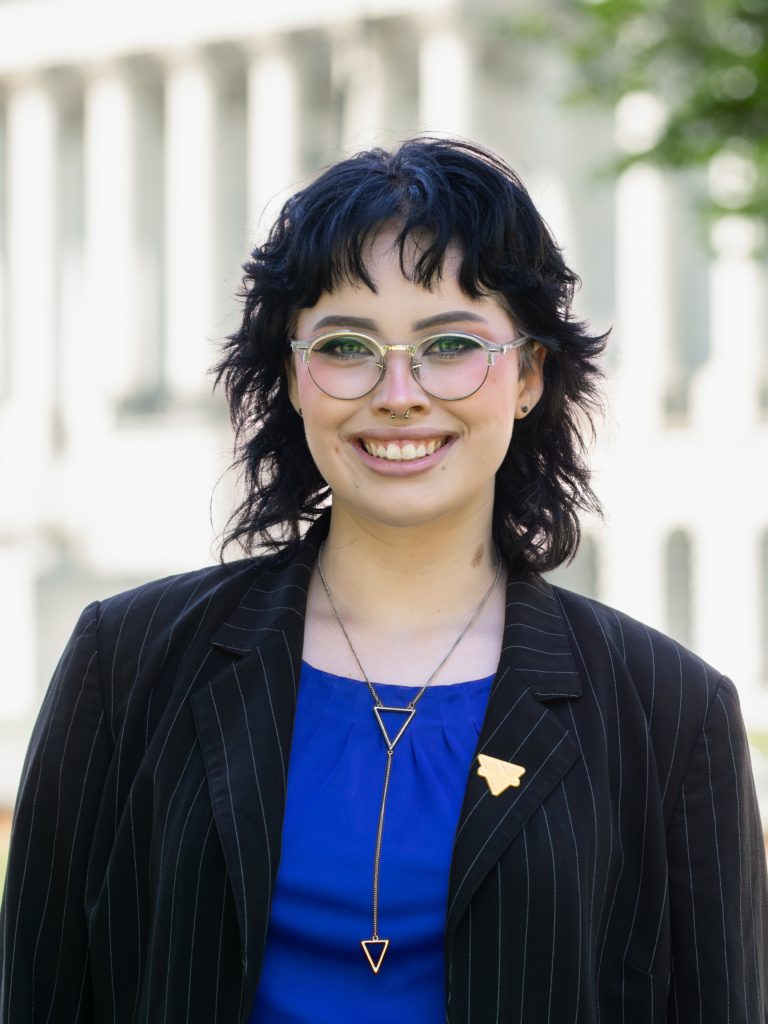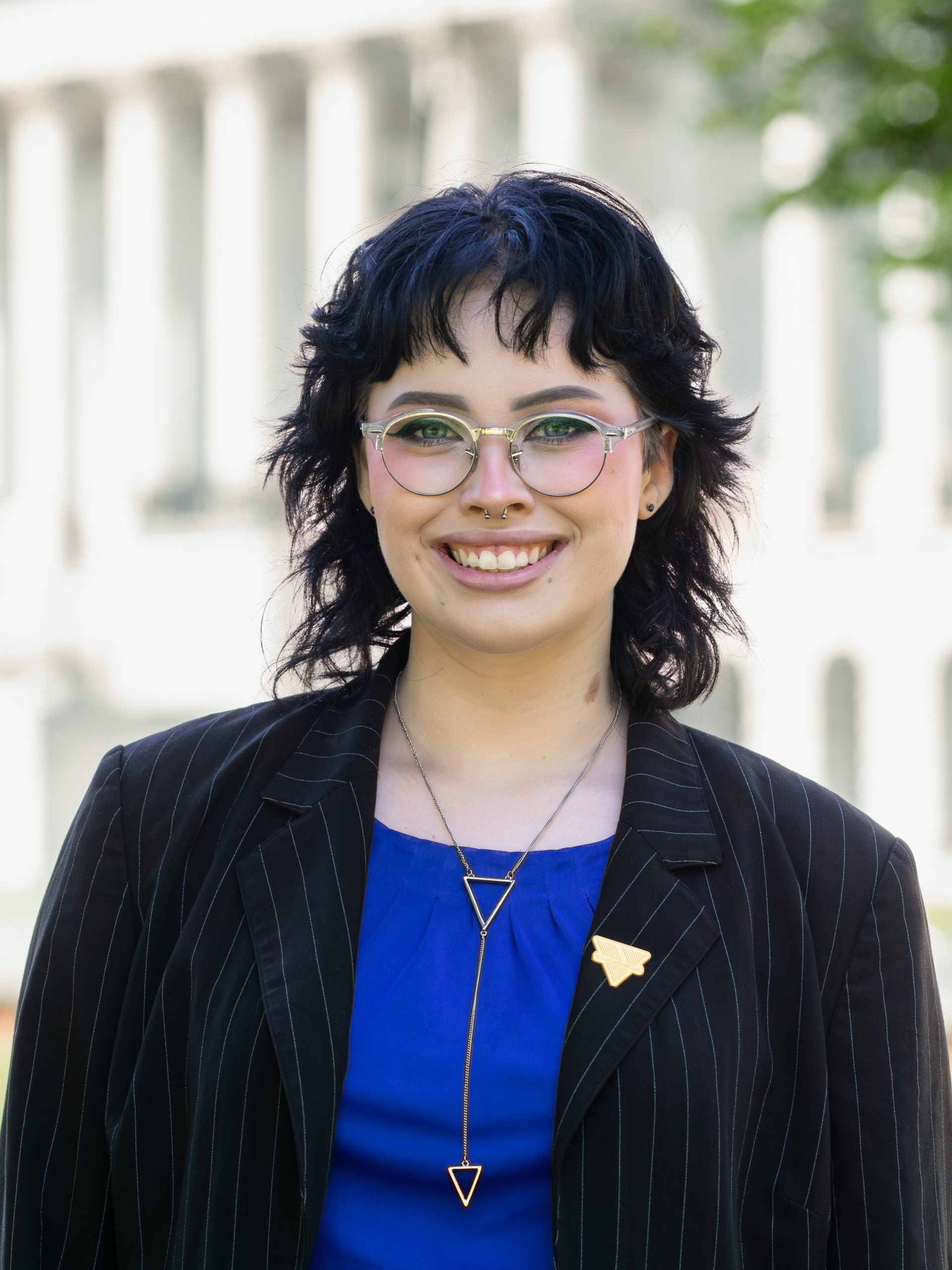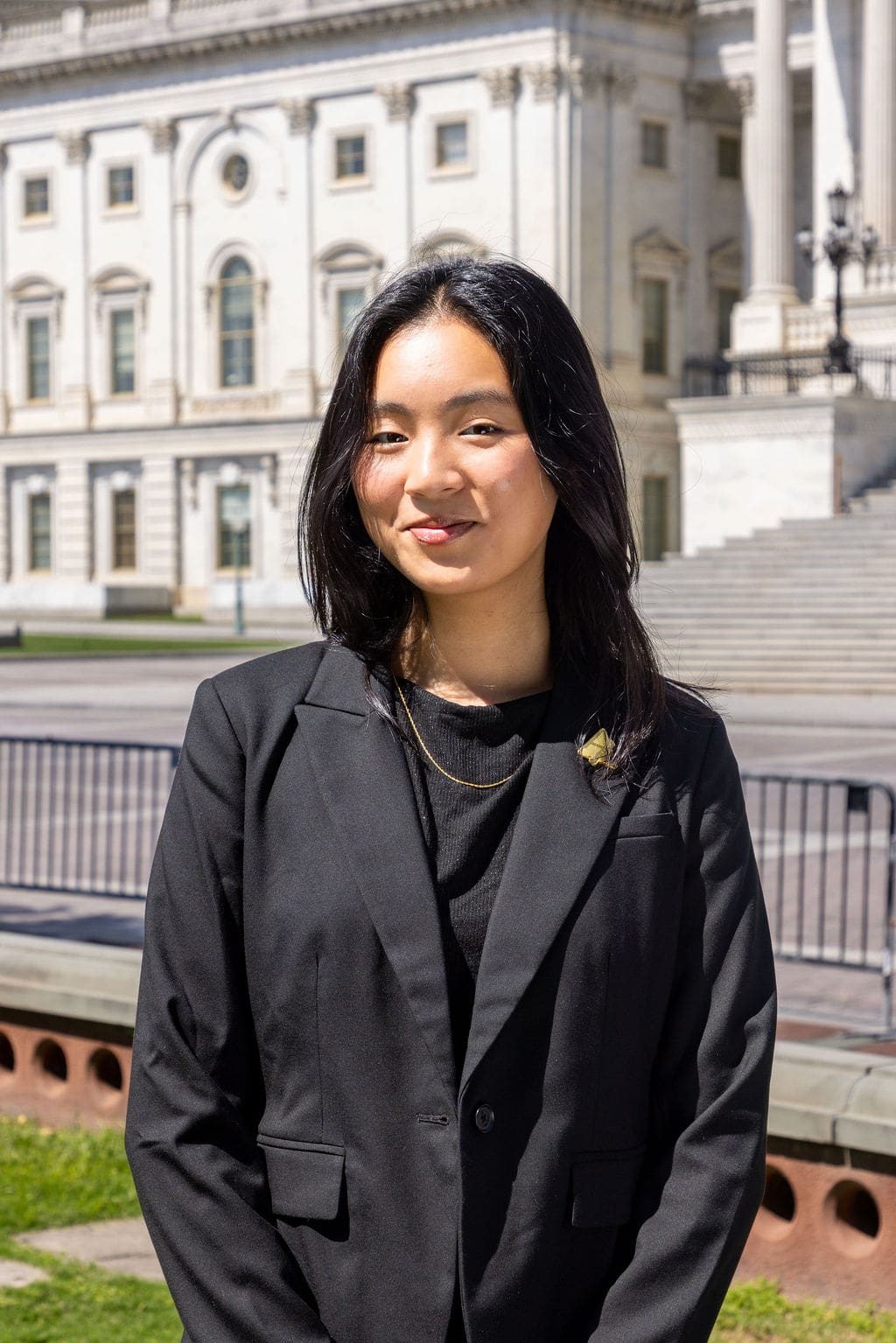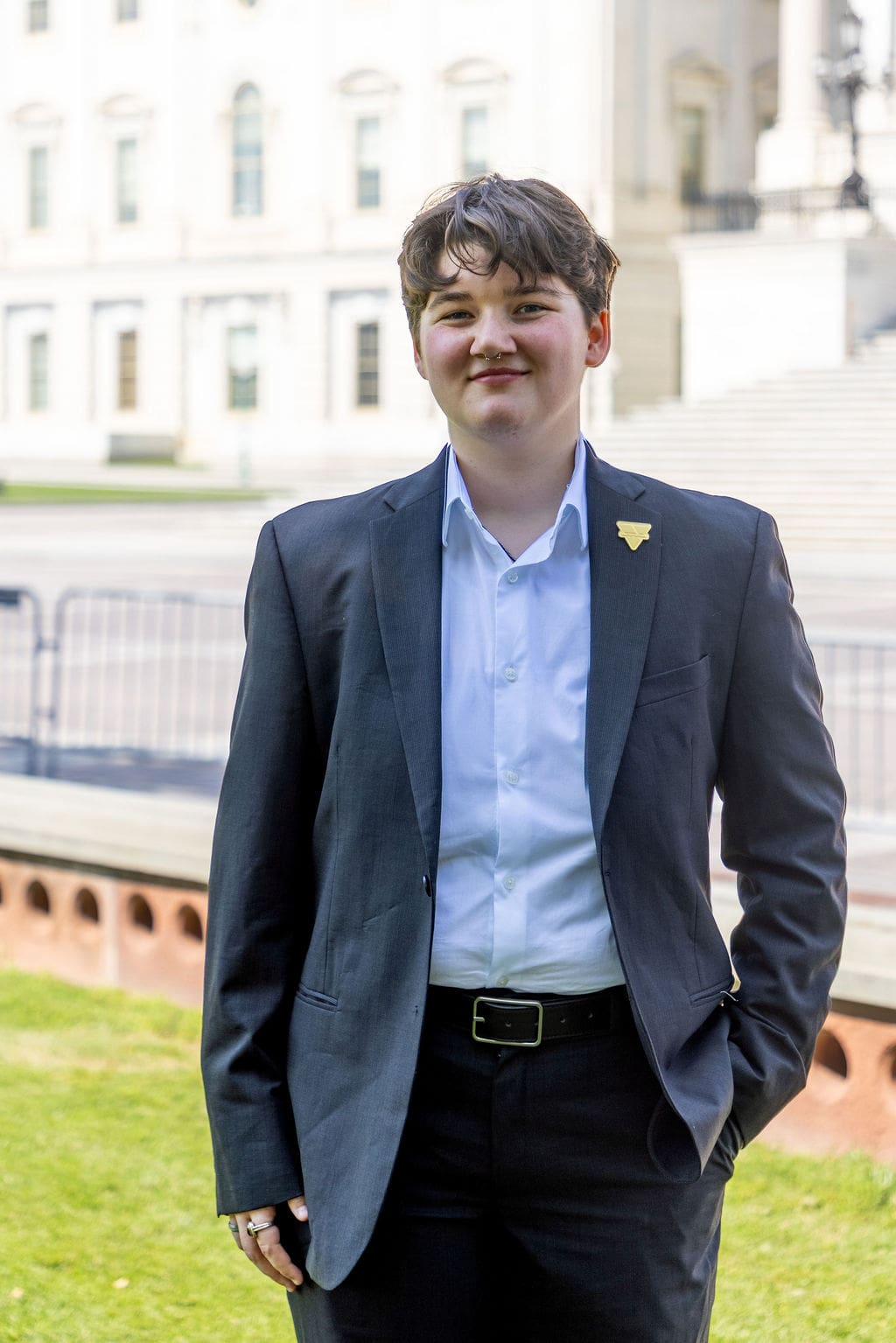
OUT ON THE HILL is the official blog of the Victory Congressional Interns. Views expressed do not necessarily reflect those of LGBTQ+ Victory Institute. Learn more about the internship at victoryinstitute.org/vci.
———————————–
Every time I call my dad, he ends the call by saying “We’re so proud of you, we love you.” My dad is my biggest fan, my best friend, and my rock. He constantly reaffirms how much I am worth and how I should navigate the world knowing that. You tend to not realize how important a support structure like that is until you almost lose it. I feel incredibly lucky to have someone who is proud of me unconditionally. I know there are no conditions in his love because most of my family is deeply conservative, including my father, and yet he loves that I am doing work in DC for a Democrat.
Rurality tends to share a common ideology. I grew up for the first half of my life in a town with just over 1000 people. Mostly everyone there believes you should pick yourself up by your bootstraps when the going gets tough, and all you need is God and your family. Parts of these things stick with me as I navigate a world where my progressive ideals are more than survival for my community.
I’ve been trying to capture what it means to hold rurality as a central identity. Thinking of where I grew up – where my parents were at my age – I know that I have to strive for something better, but for a long time that was a vague dream that this city has allowed me to put detail to. Much of who I am is contradictory to the rural identity, and yet that is what shaped me into the person I am.
On the Hill, countless people have told me they know nothing about Idaho and/or have never met someone from Idaho. What they do confidently know is often about Idaho’s infamous abortion ban or our great potatoes. It’s terrifying to be queer in Idaho, and yet some of the people who have impacted my life the most were those who were unapologetically queer in the face of discrimination. Rurality is to me a deep bond that ties us together and is also the antithesis to our existence.
Queer joy is protest, and my experience within rurality has taught me what it truly means to fight to get the LGBTQ+ community off the menu, but this has been the first time I’ve seen what it means to not only be off the menu but to have a seat at the table. I walk past my Idaho Representative’s office every day to go to the office I work in. I walk past the office of a Congressman who would not want to speak with me about queerness in our state, and into the office of a Congressman who openly invited that conversation. Congressman Tony Cárdenas asked me about Idaho; I told him about the struggles my transgender friends have endured, about the hope I saw in working with immigrant children, and about being different than everyone else in a small community. Stories unite us in our shared experience, and though we are very different from one another, I know he understood the weight of being yourself around people who want you to hide.
I am proud of myself. Not because of this amazing opportunity I’ve been given, but because I get to openly be myself. I wouldn’t be here if it weren’t for the fact that at my age, my parents had two kids and had already moved away from their hometown to be in the military. I am proud because I get to love Idaho for all it has given me, and I get to help change it for the better. I am proud because my parents worked hard so I could work just as hard to achieve entirely different dreams. Rurality has built me and torn me down repeatedly, but I would not trade the lessons it has allowed me to bring to the Hill for anything. I wouldn’t trade what my father has taught me about connecting with others and loving unconditionally because it gives me a point of view that is desperately needed in true representation and progress.


